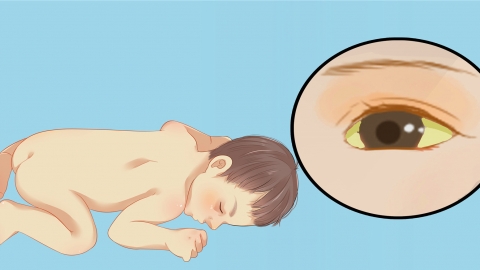Can phototherapy alleviate neonatal jaundice?
Generally, phototherapy can alleviate neonatal jaundice. The detailed explanation is as follows:

Jaundice is a common phenomenon in newborns. Due to the immature liver function in newborns, the bilirubin in the blood cannot be effectively metabolized, leading to jaundice. Phototherapy involves exposing the newborn's skin to light of specific wavelengths. Under the oxidative effect of light, the indirect bilirubin in the body is converted into water-soluble bilirubin isomers. These water-soluble bilirubin isomers can be directly excreted through bile and urine, thereby reducing the bilirubin levels in the serum and alleviating the symptoms of jaundice.
During phototherapy, it is necessary to cover the newborn's eyes and genital area to prevent damage from light exposure to these sensitive regions. Additionally, regular monitoring of the newborn's bilirubin levels is required after phototherapy to ensure the effectiveness of the treatment. If any adverse reactions occur, such as fever, diarrhea, or rash, it is important to promptly inform the doctor for adjustment of the treatment plan.
During the treatment process, it is recommended to maintain good nursing practices, such as regularly monitoring the infant's bilirubin levels and following the doctor's nutritional and feeding recommendations, which can help promote the infant's recovery.





